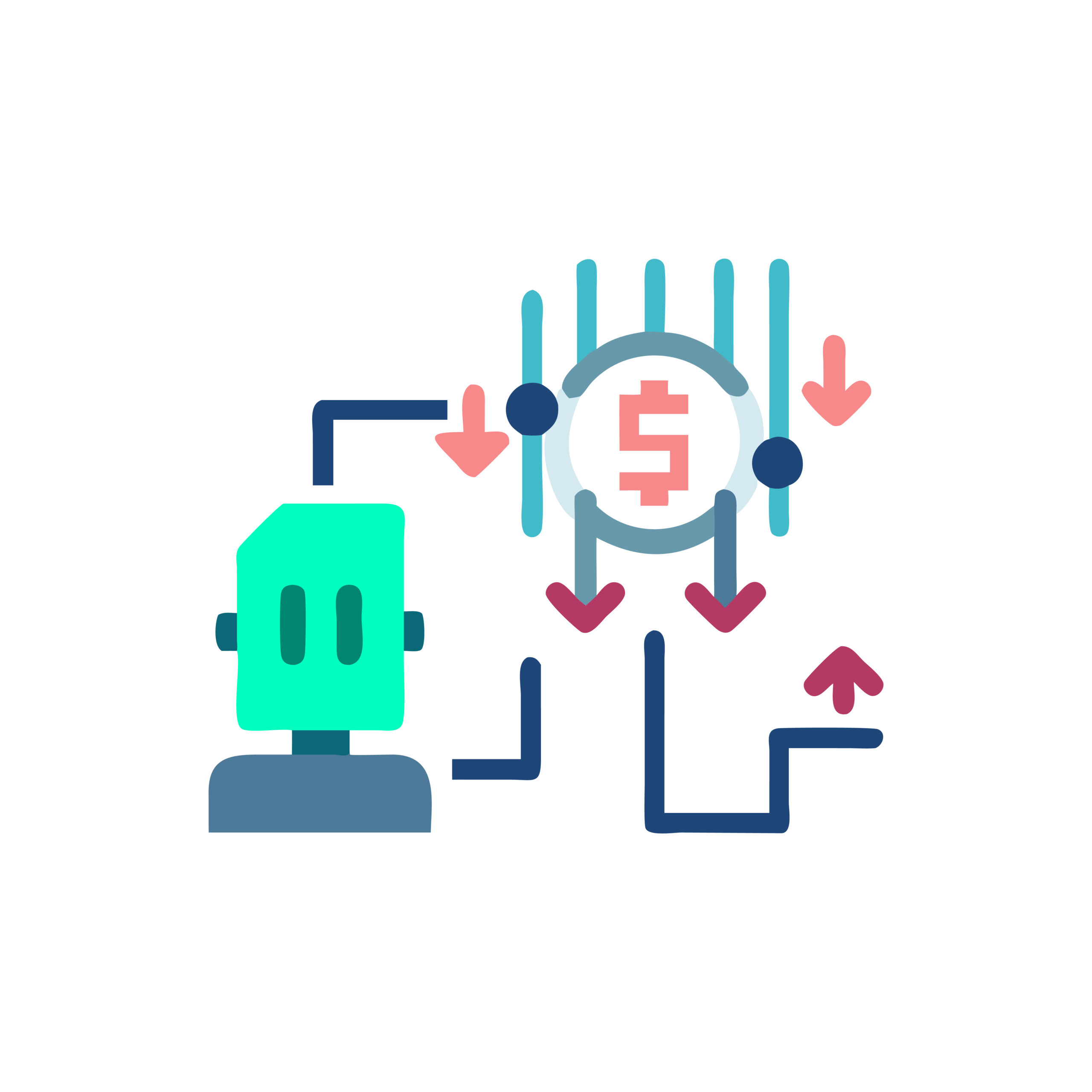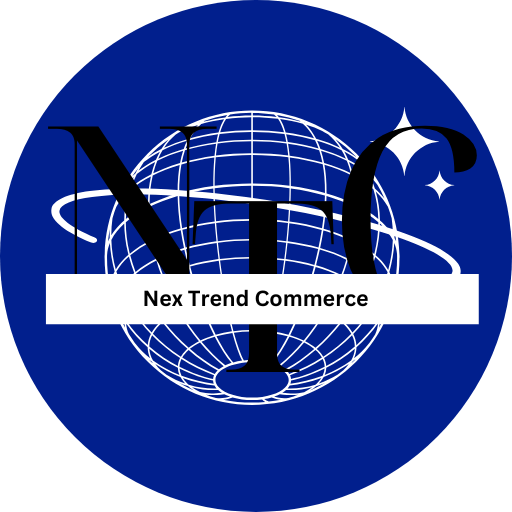Introduction
The rise of artificial intelligence (AI) has dramatically changed the digital marketing landscape. From automating tasks to delivering hyper-personalized customer experiences, AI is now at the core of effective marketing strategies. Whether it's optimizing ad campaigns, predicting consumer behavior, or generating high-quality content, businesses that embrace AI are gaining a significant competitive edge. In this blog, we’ll explore how AI is revolutionizing digital marketing and what businesses need to know to stay ahead.
AI-powered personalization: Creating hyper-relevant customer experiences
One of AI’s most powerful capabilities in digital marketing is personalization at scale. Today’s consumers expect content that is tailored to their preferences, behaviors, and interests.
How It Works:
AI analyzes vast amounts of customer data—such as browsing history, past purchases, and engagement patterns—to deliver personalized recommendations and content.- Example: Netflix and Spotify use AI to curate personalized recommendations based on user activity.
- E-commerce impact: Online stores like Amazon suggest products based on a customer’s purchase and browsing history, increasing conversion rates.
Why it matters:
Personalized experiences lead to higher engagement, increased customer satisfaction, and improved brand loyalty.
AI in content creation: Automating high-quality marketing materials
Creating engaging and relevant content consistently is a challenge for businesses. AI is changing this by assisting with content generation, optimization, and strategy.
- How It Works:
AI tools use natural language processing (NLP) to generate high-quality content, from blog articles to social media posts.- Example: AI tools like Jasper and Copy.ai help marketers create compelling copy in minutes.
- SEO Optimization: AI-powered tools like Clearscope and SurferSEO analyze search intent and recommend optimizations to improve rankings

Why it matters:
AI-powered content creation saves time, enhances consistency, and ensures content is optimized for engagement and search engines.
AI-driven chatbots: Enhancing customer engagement
AI-powered chatbots are revolutionizing customer service and engagement by providing instant, 24/7 support.
How it works:
AI chatbots use machine learning to understand and respond to customer inquiries in real time.- Example: Businesses integrate chatbots into websites and social media (like Facebook Messenger bots) to answer FAQs, assist with purchases, and provide personalized recommendations.
- E-commerce use case: AI chatbots on Shopify or WooCommerce stores help customers find products, track orders, and resolve issues quickly.
Why it matters:
AI chatbots reduce response times, improve customer satisfaction, and free up human agents for more complex tasks.
AI-powered advertising: Smarter targeting and higher ROI
AI has transformed online advertising by making it more efficient, data-driven, and highly targeted.
How it works:
AI optimizes ad campaigns by analyzing user behavior, adjusting bids, and improving audience targeting in real time.- Example: Google and Facebook Ads use AI to automatically adjust bidding strategies for better conversions.
- Predictive targeting: AI predicts which customers are most likely to convert and adjusts ad delivery accordingly.
Why it matters:
AI-powered advertising increases ad performance, reduces wasted spend, and maximizes return on investment (ROI).
AI in SEO: Smarter search engine optimization
AI is revolutionizing search engine optimization (SEO) by making it more data-driven and predictive.
How it works:
AI analyzes search intent, competitor strategies, and keyword performance to provide actionable insights.- Example: Tools like SEMrush and Ahrefs use AI to recommend keywords and optimize content for higher search rankings.
- Voice search optimization: AI-powered voice assistants like Siri and Alexa are changing how consumers search, making long-tail, conversational keywords more important.
Why it matters:
AI helps businesses stay ahead of search engine algorithm changes and rank higher with less manual effort.
Predictive Analytics: Anticipating Consumer Behavior
Predictive analytics is one of the most powerful AI applications in marketing, helping businesses forecast trends and customer actions.
- How It Works:
AI models analyze past behaviors, market trends, and real-time data to predict what customers will do next.- Example: E-commerce stores use AI to recommend products based on browsing history, increasing sales.
- Email Marketing: AI predicts the best time to send emails to maximize open rates and engagement

- Why It Matters:
Predictive analytics allows businesses to be proactive, delivering the right content to the right audience at the right time.
AI for social media management: Automating engagement
Managing social media is time-consuming, but AI-powered tools make it easier to schedule, optimize, and analyze content.
How it works:
AI tools automate post scheduling, suggest trending hashtags, and analyze engagement data.- Example: Platforms like Hootsuite and Sprout Social use AI to determine the best times to post and what type of content resonates with audiences.
- Automated engagement: AI-powered chatbots on social media platforms respond to comments and messages instantly.
Why it matters:
AI streamlines social media marketing, allowing businesses to maintain a consistent presence with less effort.
Conclusion
AI is transforming digital marketing by making campaigns smarter, more personalized, and more efficient. Businesses that adopt AI-powered tools gain a competitive edge by enhancing customer experiences, optimizing advertising, and predicting trends. The future of digital marketing is AI-driven—are you ready to take advantage of its power?
